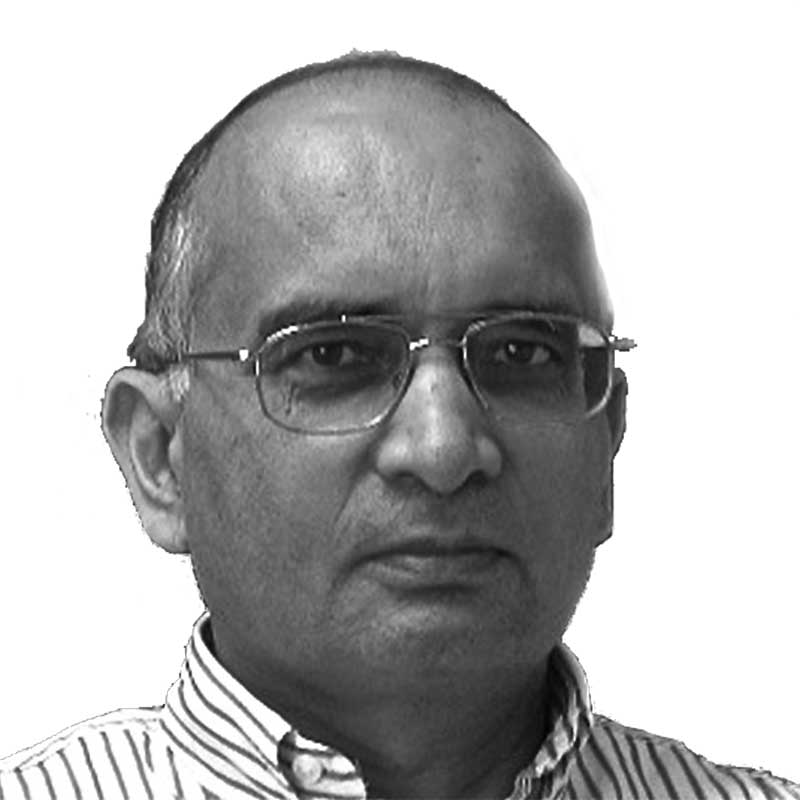
Meta
Ramesh Thakur
Ramesh Thakur is Professor in the Crawford School of Public Policy, Australian National University; adjunct professor, Institute for Ethics, Governance and Law, Griffith University, and editor-in-chief of Global Governance from Jan. 1, 2013. He began writing for The Japan Times in 1998 as Vice Rector of the United Nations University.
Jul 17, 2003
Jul 7, 2003
Jun 1, 2003
May 19, 2003
May 10, 2003
Apr 27, 2003
Mar 30, 2003
Mar 23, 2003
Mar 12, 2003
Feb 9, 2003
Jan 27, 2003
Jan 18, 2003
Dec 19, 2002
Dec 15, 2002
Dec 2, 2002
Oct 20, 2002
Oct 8, 2002
Sep 21, 2002
Aug 25, 2002













